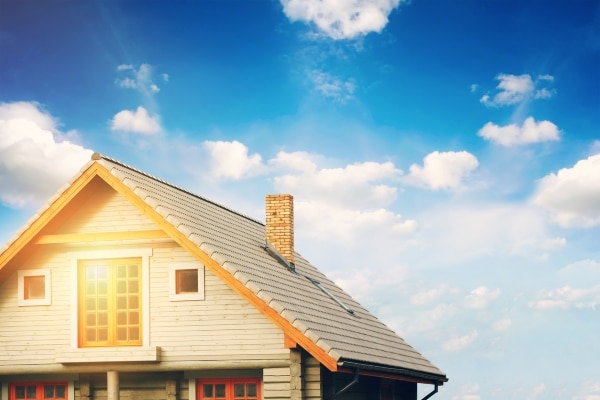When to Contact a Roof Repair Contactor
As the summer months approach, homeowners often focus on keeping their homes cool and comfortable. However, one aspect that sometimes gets overlooked is the impact of heat on the roof. Extreme heat can significantly affect the durability, performance, and lifespan of your roof. Understanding these effects and how to mitigate them with a roof repair specialist can save you money and extend the life of your roofing system.
The Effects of Heat on Roofing Materials
Thermal Expansion and Contraction:
One of the primary effects of heat on a roof is thermal expansion and contraction. Roofing materials expand when exposed to high temperatures and contract when temperatures drop. This constant movement can lead to cracks, warping, and other forms of damage over time. Asphalt shingles, for instance, can become brittle and crack, while metal roofs might expand and contract enough to loosen fasteners and seams.
UV Radiation Damage:
Ultraviolet (UV) rays from the sun can degrade roofing materials, particularly those with organic components. UV radiation can cause the oils in asphalt shingles to dry out, leading to brittleness and loss of granules that protect the shingles from further damage. Over time, this can result in leaks and the need for premature roof replacement.
Heat Retention and Increased Cooling Costs:
Dark-colored roofing materials tend to absorb more heat, which can increase the temperature inside your home. This heat retention not only makes your home hotter but also forces your air conditioning system to work harder, leading to higher energy bills. Roofs with poor ventilation can exacerbate this problem, as the heat gets trapped and cannot dissipate effectively.
Material Degradation:
High temperatures can accelerate the degradation of roofing materials. For example, wood shingles can dry out and become more susceptible to cracking and splitting, while synthetic materials might soften and lose their structural integrity. Prolonged exposure to intense heat can shorten the lifespan of many roofing materials.
Mitigating Heat Damage to Your Roof
Proper Ventilation:
Ensuring your attic and roof have proper ventilation is crucial in managing heat buildup. Ventilation allows hot air to escape, reducing the overall temperature of the roofing materials and the interior of your home. Ridge vents, soffit vents, and attic fans can all contribute to a well-ventilated roofing system.
Reflective Roofing Materials:
Consider installing reflective or cool roofing materials that are designed to reflect more sunlight and absorb less heat. Light-colored shingles, metal roofs with reflective coatings, and specialized cool roofing products can significantly reduce heat absorption and help maintain lower indoor temperatures.
Regular Maintenance:
Conducting regular roof inspections and maintenance can help identify and address issues caused by heat. Look for signs of damage such as cracks, warping, or missing shingles, and repair them promptly. Keeping your roof clean and free of debris also helps in preventing heat retention and material degradation.
Insulation:
Proper insulation in your attic can prevent heat from penetrating your home, keeping it cooler during hot months. Insulation acts as a barrier, reducing the amount of heat that transfers from your roof into your living spaces.
Shade and Landscaping:
Strategically placed trees and landscaping can provide natural shade for your roof, reducing direct exposure to sunlight and heat. However, ensure that tree branches do not come into contact with the roof, as this can cause other issues such as physical damage or debris accumulation.
Roof Repair Specialist
Heat can have a significant impact on the longevity and performance of your roof. By understanding how heat affects different roofing materials and taking proactive measures such as contacting a roof repair contractor, you can mitigate these effects and extend the lifespan of your roofing system. Protecting your roof from the ravages of heat not only preserves its structural integrity but also contributes to a cooler, more energy-efficient home. don’t hesitate to contact Century Roof and Solar. We’ll be happy to take a look at your roof and determine if there is a need for any serious repairs.
